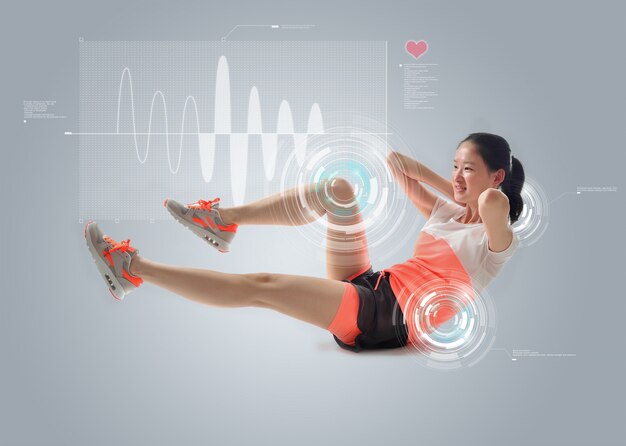
Sponsored article
Given the intense competition in sports today, athletes are always looking for ways to increase their performance edge. While nutrition and training are essential factors, another critical component that is often overlooked is sleep. This article delves into the concept of sleep biohacking and its potential benefits for athletes. We will discuss the correlation between optimum sleep and peak athletic performance, practical biohacking techniques to help athletes sleep better and reap the benefits of a well-rested body, and scientific evidence supporting this interactive approach.
Unlocking the power of sleep for athletic excellence begins with understanding the concept of sleep biohacking. This term refers to techniques that optimize sleep patterns to function at peak athletic performance. The biological clock plays a vital role in these strategies. By meticulously aligning this clock, athletes can exploit the body’s natural rhythm for enhanced strength, power, and stamina. This synchronization has distinctive pertinence in sleep optimization and in turn, results in increased athletic performance. Through sleep biohacking, not only do athletes promote recovery and rejuvenation of muscles, but they also consolidate the cognitive processes tied to game strategy and coordination. Harnessing this holistic power of rest can dramatically intensify an athlete’s outcomes.
Implementing sleep biohacking techniques effectively to enhance an athlete’s performance involves some practical steps. The first step is understanding your sleep cycle and adjusting it to suit your training schedule. Prioritizing sleep quality and duration also plays a crucial role in athletic performance and recovery. Athletes should aim for 7-9 hours of deep, restful sleep each night. Second, to achieve this, creating an ideal sleep environment becomes fundamental. This includes maintaining a cool, dark bedroom, using a high-quality mattress and pillows, and eliminating potentially disruptive noises. Finally, athletes need to incorporate relaxation techniques before sleep, like reading or meditation, to help ease into sleep. Remember, optimizing your sleep routine is an ongoing process that requires continuous adjustments for peak performance.
Recent scientific evidence strongly supports the myriad benefits of sleep biohacking, especially for athletes seeking to maximize their performance. Researchers have found that fine-tuning one’s sleep through the method of biohacking can greatly enhance athletic prowess by:
Given the compelling research, athletes and trainers alike are increasingly adopting and endorsing sleep biohacking techniques. Utilizing these can lead to significant and noticeable improvements in athletic performance, thereby establishing the undeniable link between optimized sleep and heightened athletic productivity.